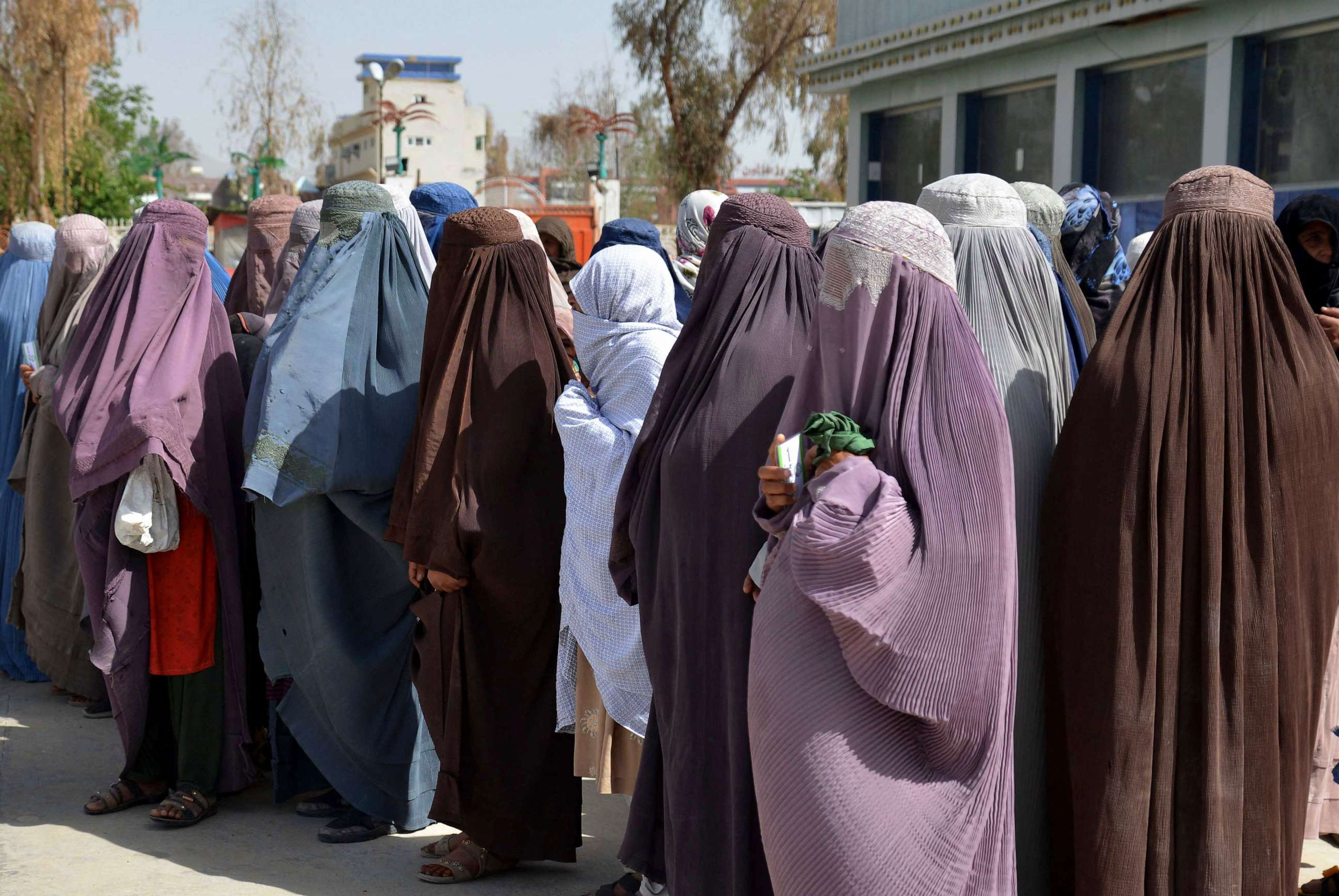Taliban prevents women from working at UN in Afghanistan
The Taliban banned Afghan women from working at the United Nations in Afghanistan this week, adding another restriction to the long list the Taliban has imposed on Afghan women since retaking power in August 2021.
United Nations Secretary-General Antonio Guterres said any ban on Afghan women working for the U.N. mission in Afghanistan, or UNAMA, would be "unacceptable and frankly inconceivable," in a statement after the Taliban order was issued.
"This is the latest in a disturbing trend undermining the ability of aid organizations to reach those most in need. It goes without saying, but unfortunately, it does need saying, that female staff are essential for the United Nations to deliver life-saving assistance," U.N. spokesman Stephane Dujarric said in a statement Tuesday.
The U.N. provides lifesaving assistance to the Afghanistan population, which has become even more necessary since the Taliban regained power in 2021. Several international aid organizations that had been operating in the country left after the Taliban took power and stopped providing assistance as a result of the new government.
"Such orders, as we saw today, violate the fundamental rights of women and infringe upon the principle of non-discrimination. Female staff members are essential to ensure the continuation of the U.N. operations on the ground in Afghanistan," Dujarric said Tuesday.

The order comes after the Taliban imposed a series of other restrictions on Afghan women over the past year. In 2022, the Taliban restricted women and girls' access to education. The Taliban also restricted Afghan women's ability to work for international aid organizations in December 2022, but, until this week, that did not apply to women working for the .U.N mission.
Before this week's decree, the Taliban attempted to intimidate women working for the U.N. by accusing them of breaking dress code by not wearing hijabs. The Taliban also tried to intimidate Afghan women working for different U.N. offices across the country by contacting them directly to threaten them or passing the message to family members asking them to stop working.
Several Afghan women working for the U.N. have already experienced restrictions on their movements, including harassment, intimidation and detention.
The additional restriction further isolates Afghan women and poses a problem for the Taliban, which relies on support from the U.N. Many women's rights activists believe the Taliban is using the ban on Afghan women as a tool to get more leverage from the international community.

"They are certainly trying to remove women from every aspect of society, either its simple presence in the society or working environment," activist Mariam Maroof Arvin told ABC News. "Taliban also use these restrictions as a tool to gain more from international community in terms of aid and to push them to accept their demands."
The Taliban has not faced severe consequences for the restrictions they've placed on Afghan women over the past year. Western countries like the U.S. and international organizations like the U.N. have condemned the actions by the Taliban, but little action has been taken beyond that.
"I hope this time the organizations defending women rights and international community as a whole won't give up to Taliban's demand and stand firm against them. That will be the only way out of these evil demands. I hope everyone come together in protecting women rights," Arvin said.




